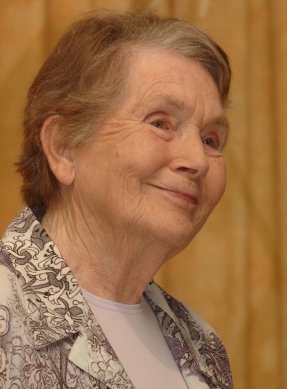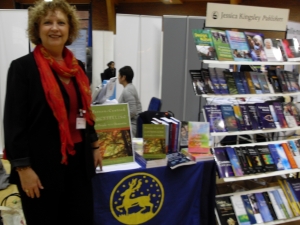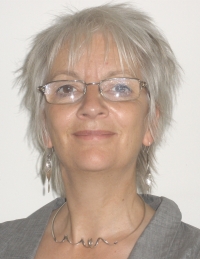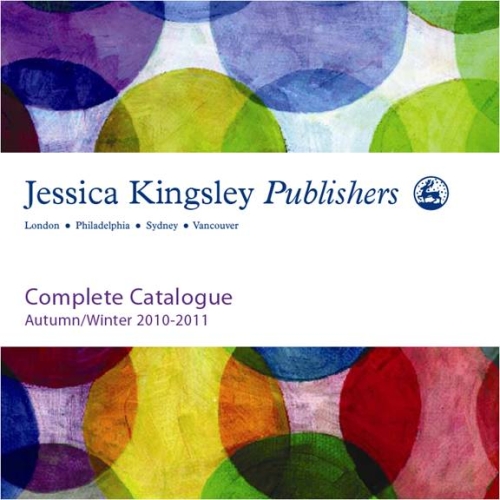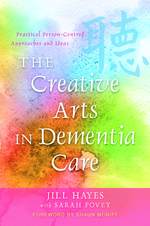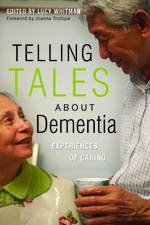Reminiscence and Life Story Work – The Importance of Remembering Our Life’s Journey
“From infancy to old age, the recall of personal memories serves to establish identity, safeguard self esteem, assist communication, enhance relationships, and preserve and transmit personal, family and community history. By valuing memories people are helped to value themselves when developmental challenges, current circumstances, transitions, failing health and increasing age assail us.”
